Fleet Application for School Transportation Vehicles
Find transportation data and information about the school transportation vehicle application. Fleets in niche markets operate vehicles designed to serve specific functions, which makes these vehicles ideal for the adoption of alternative fuels and advanced vehicle technologies. Learn about how to implement electric school buses in a technical assistance video series. Explore the National Laboratory of the Rockies' FleetREDI portal to access commercial vehicle data and understand the broad operational range of commercial vehicles across vocations and weight classes.
Vehicle Availability
vehicles

Case Studies

Electric School Buses Bring Air Quality Benefits to Utah
Jan. 8, 2025

Propane School Bus Deployment in Pennsylvania Showcases Environmental and Economic Benefits
June 29, 2023
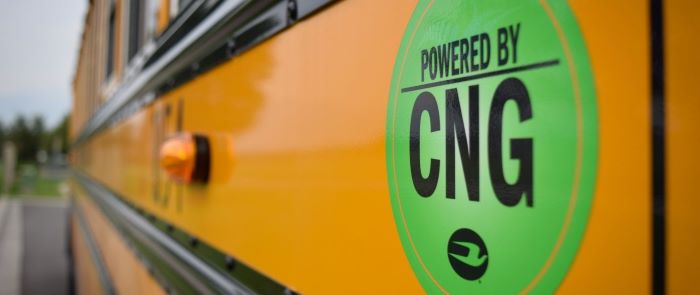
Natural Gas School Buses Reward Utah District with Fuel Savings
March 2, 2021
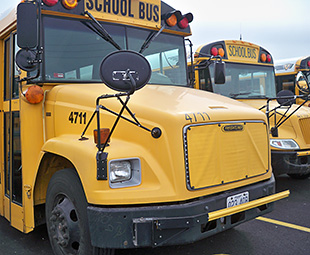
The Heat Is on in St. Louis Buses
Jan. 8, 2021
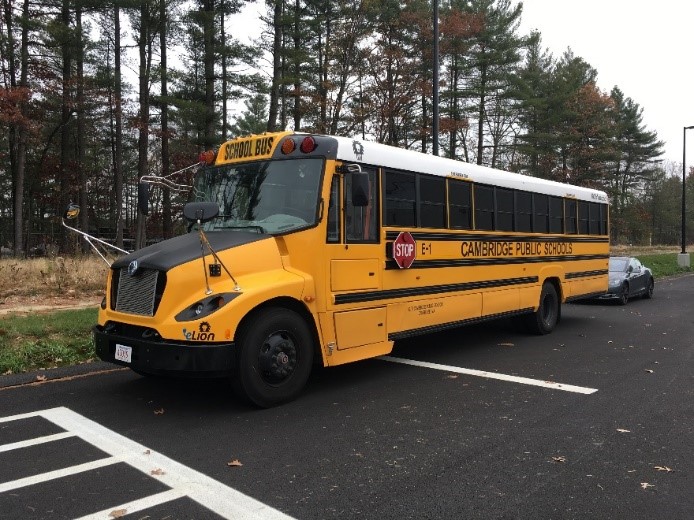
Massachusetts School Fleets Get Answers through Electric Bus Testing
July 17, 2020
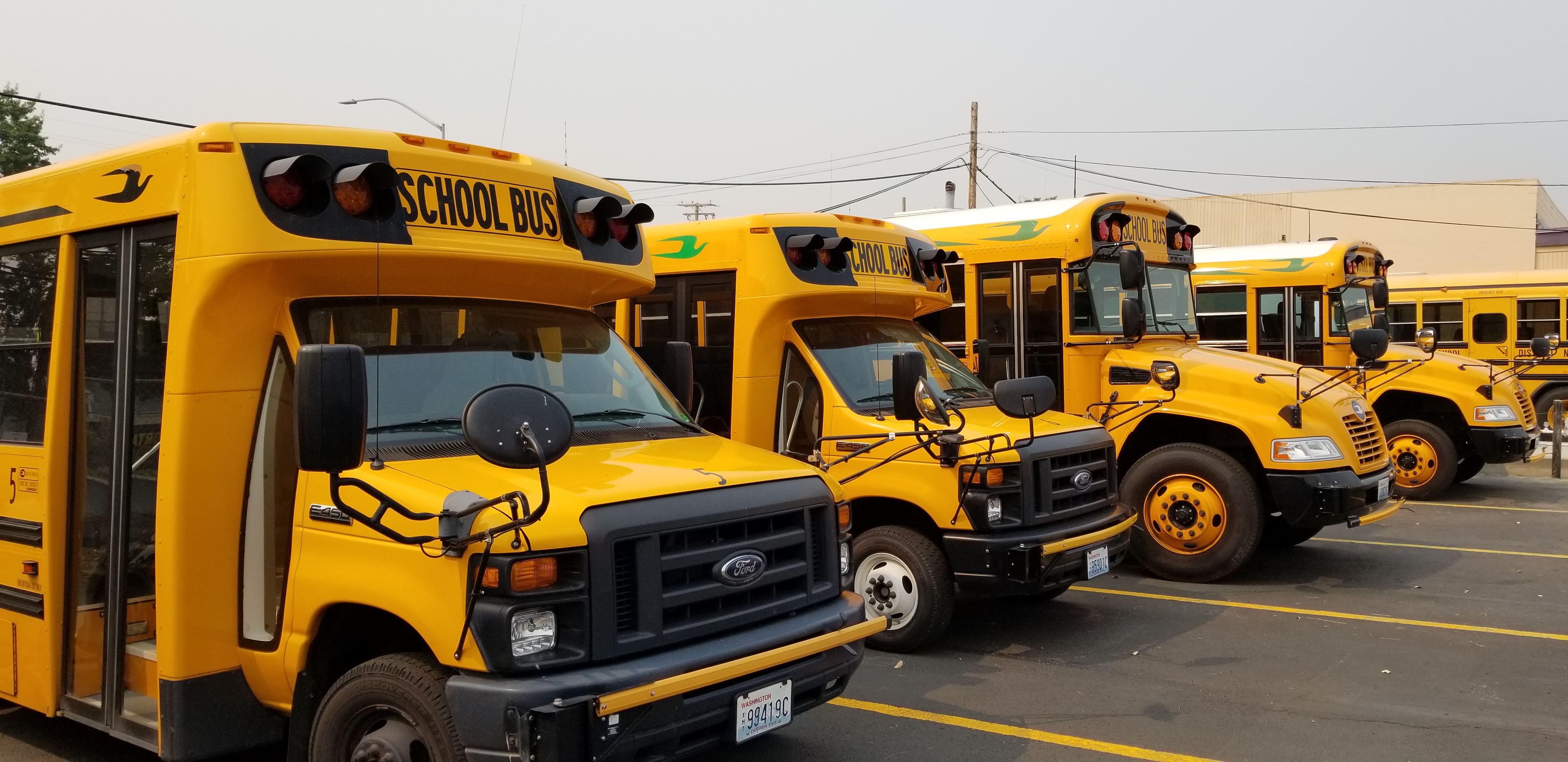
Washington School District Cuts Costs and Improves Air Quality with Propane Buses
April 9, 2019

Deploying Efficient Buses in Texas through Supplemental Environmental Projects (SEPs)
April 20, 2016
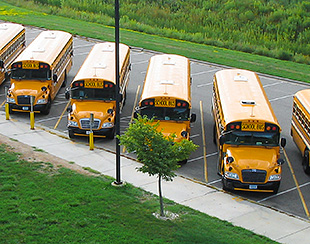
Minnesota School District Finds Cost Savings, Cold-Weather Reliability with Propane Buses
Jan. 26, 2016
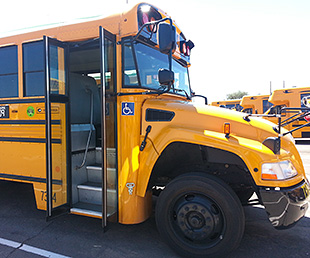
Mesa Unified School District Reaps Economic and Environmental Benefits with Propane Buses
Jan. 26, 2016
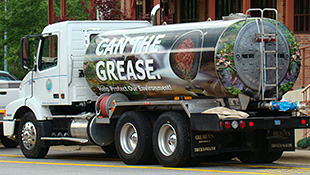
Biodiesel Offers an Easy Alternative for Fleets
Aug. 18, 2015
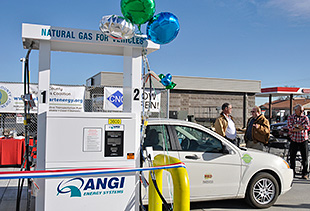
Partnerships Cement Long-Term Success for Northern Colorado Duo
March 17, 2015
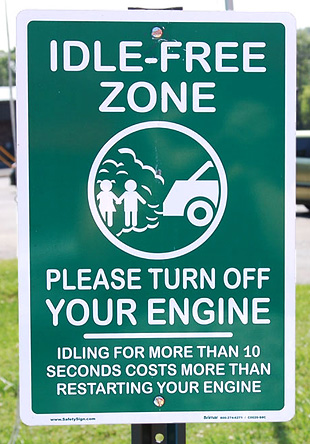
Idle Reduction Programs at Tennessee Schools
Sept. 14, 2012
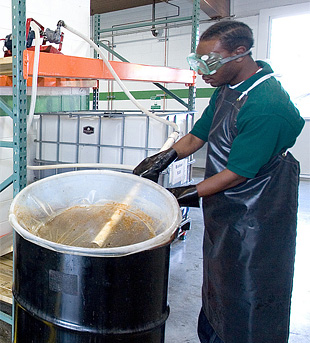
Biodiesel Fuels Education in Alabama
May 1, 2012
Publications
Reports
- Clean Cities and Communities Partnership 2023 Activity ReportJanuary 2025
- Electric Medium- and Heavy-Duty Vehicle Charging Infrastructure Attributes and DevelopmentNovember 2024
- Clean Cities Coalitions 2022 Activity ReportJanuary 2024
- Charging Ahead: How Government Agencies Can Support the Electrification of Private Fleet VehiclesDecember 2023
- Clean Cities: A Model of Collaborative Technology Innovation Built Over 30 YearsApril 2023
- Propane Fueling Infrastructure Trends: A Decade in ReviewJanuary 2023
- Clean Cities Coalitions 2021 Activity ReportJanuary 2023
- Electric School Bus U.S. Market Study and Buyers GuideJune 2022
- Charging Forward: A Toolkit for Planning and Funding Rural Electric Mobility InfrastructureFebruary 2022
- The ABCs of Ohio EVs: A Policy Guide to Electrify OhioJanuary 2022
- Clean Cities Coalitions 2020 Activity ReportDecember 2021
- The State of Managed Charging in 2021November 2021
- Propane School Buses Fuel a Bright Future for ChildrenAugust 2021
- Assembly Bill 2127 Electric Vehicle Charging Infrastructure Assessment Analyzing Charging Needs to Support Zero Emission Vehicles in 2030July 2021
- Electric Vehicles Roadmap InitiativeJuly 2021
- Benefits of Transportation Electrification in a Post Pandemic WorldJune 2021
- Clean Cities Coalitions 2019 Activity ReportMay 2021
- Comprehensive Total Cost of Ownership Quantification for Vehicles with Different Size Classes and PowertrainsApril 2021















